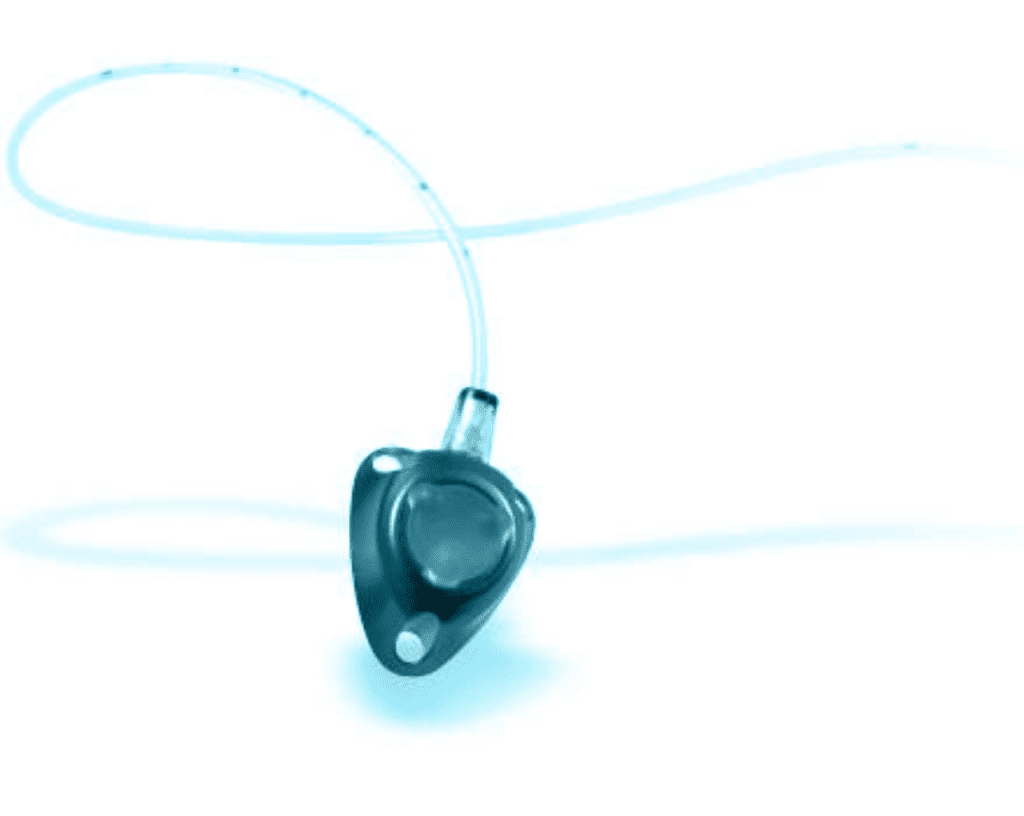Bard PowerPort Litigation: A Comprehensive Guide to Case Screening and Support

The Bard PowerPort, a renowned brand for medical devices designed for surgical implantation, has been at the center of a growing number of adverse reports, putting it in the limelight of potential Bard PowerPort litigation cases. Crafted by Bard Access Systems, Inc., this device is used prominently to facilitate the easy administration of various medical fluids into the human bloodstream, circumventing the need for repeated needle insertions.
The Bard PowerPort: An Overview
The Bard PowerPort is known for its convenient features in healthcare delivery. As a product of Bard Access Systems, Inc., a subsidiary of Becton, Dickinson and Company (BD), it has gained a prominent place in medical practices. Despite its advantages, the Bard PowerPort has been subject to numerous complaints and adverse event reports, potentially leading to an increase in Bard PowerPort litigation cases.

Issues Surrounding Bard PowerPort
The central issue in Bard PowerPort litigation stems from the component of barium sulfate in its design. This element, used for enhancing visibility during imaging tests, is known to degrade the polyurethane and silicone material of the catheter, especially when in contact with human tissue. This fault has been reported to the U.S. Food and Drug Administration in hundreds of cases, yet the company continues to assert the product’s safety and efficacy without initiating any recalls or warnings.The latest updates regarding the litigation can be found at this link
Common Bard PowerPort Injuries
- Catheter fractures
- Catheter migration
- Deep vein thrombosis
- Damage to veins and blood vessels
- Necrosis
- Blood clots
- Other serious injuries
How Trivent Legal Aids in Bard PowerPort Litigation
When it comes to Bard PowerPort litigation, Trivent Legal stands as a pivotal partner for law firms, offering case screening and merit assessments with a wealth of experience in handling Product Liability cases.
Case Focus Blocks for Bard PowerPort Litigation
- Bard PowerPort Implantation: Assessing the duration and implications of PowerPort use in patients.
- Patient’s Medical History: Understanding preexisting conditions and allergies that might influence the Bard PowerPort litigation.
- Diagnoses and Dates: Detailing any diagnoses related to PowerPort complications, a critical aspect in Bard PowerPort litigation.
- Device Issues: Evaluating device-related complications that might be central to Bard PowerPort litigation.
- Treatment and Management: Analysis of the treatment methods undertaken for the diagnosed conditions.
- Office Visits for Complications: Recording the number of visits made concerning PowerPort complications.
- Post-Port Removal Outcomes: Examining the outcomes post the Bard PowerPort removal, a significant point in Bard PowerPort litigation cases.
- Overall Prognosis: Evaluating the long-term prognosis considering various factors, often a focal point in Bard PowerPort litigation.
Trivent Legal Services for Bard PowerPort Litigation
- Chronology:
- Tracking significant medical events chronologically.
- Key focus areas including Bard PowerPort placement and related complications.
- Case Screening Worksheet:
- A swift screening tool to assess the strengths and weaknesses of a Bard PowerPort litigation case quickly.
- Bard PowerPort Case Review :
- A detailed Excel sheet capturing critical medical events chronologically, providing a structured approach towards Bard PowerPort litigation cases.
By employing Trivent Legal’s services, law firms can build a strong foundation for their Bard PowerPort litigation cases, ensuring comprehensive case screening and assessment based on detailed analysis and expertise in the field.